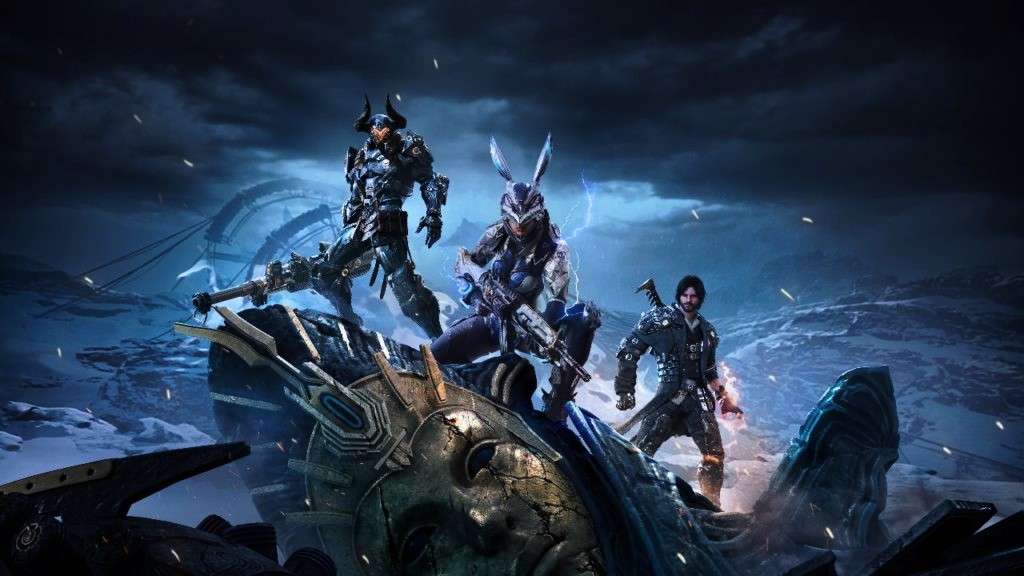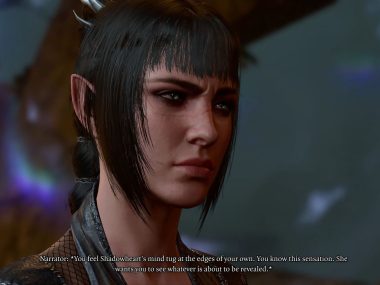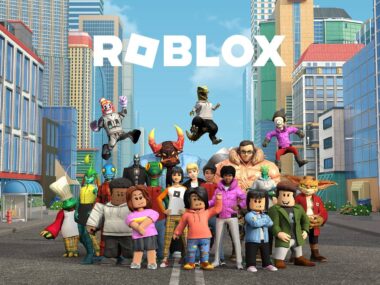When ads for The First Descendant popped up on TikTok, something felt off. The game’s ads didn’t star recognizable gamers or actual community members.
Instead, they featured AI-generated “streamers,” complete with rubbery facial animations, awkward delivery, and strange mispronunciations. Some even resembled real people, like streamer DanieltheDemon, raising questions of imitation without consent.
The ads didn’t just look uncanny, they also made big, misleading claims. One video called The First Descendant the “world’s most popular shooter RPG.” Bold statement, considering the game hasn’t exactly dethroned Destiny or Warframe. Yet, Nexon rolled them out anyway.
Why Would Nexon Risk It?
That’s the central question: why lean into AI-generated fakes when you know the backlash is inevitable? The answer lies in the cold logic of modern marketing.
AI ads are cheap. No contracts, no negotiations, no waiting for a creator to hit “record.” A marketing team can pump out dozens of ad variations overnight and push them live across TikTok, Meta, and Reddit. If one flops, no problem, generate another.
They’re also scalable. Nexon’s user acquisition team isn’t just targeting one platform; they’re tracking conversions across PC, console, and mobile. AI lets them test hundreds of creatives at once, tuned to different demographics and algorithms.
Then there’s novelty. Love them or hate them, AI-generated ads grab attention. They’re weird, they’re uncanny, and they get people talking. Even backlash fuels visibility. In the logic of growth marketing, controversy can still be a win.
A Future of Fake Faces
This isn’t just a Nexon issue. Gartner predicts nearly a third of marketing messages from major companies will be AI-generated by 2025. Entire platforms like AdCreative.ai, Synthesia, and others exist to churn out synthetic influencers and ad campaigns at scale.
We’re entering an era where ads don’t just exaggerate, they fabricate. The “person” telling you why a game is great may not exist at all. Their face, their voice, even their enthusiasm could be algorithmically generated.
For streamers and content creators, this cuts deep. Games once leaned heavily on real influencers to build credibility. Now, companies can sidestep them entirely. Why pay a human when an AI clone costs nothing and never complains?
What This Means for Players
The danger isn’t just that AI ads feel weird, it’s that they erode trust. If an ad can fake a streamer, fake excitement, and fake popularity, how do you know what’s real?
Gamers are already skeptical of marketing promises. Seeing synthetic influencers parroting half-truths only widens the gap between publishers and communities. While the tech makes sense from a cost-cutting perspective, it risks damaging the fragile trust that keeps players invested.
So yes, fake AI ads are something we’ll all have to contend with. They’re cheap, scalable, and data-driven, which makes them irresistible to marketing departments. Every uncanny smile and overblown claim chips away at authenticity.
For The First Descendant, the choice to chase efficiency over trust might win short-term installs. But in the long run, it leaves a bigger question hanging in the air: when the face on the ad isn’t real, how much of the game’s promise can you believe?






